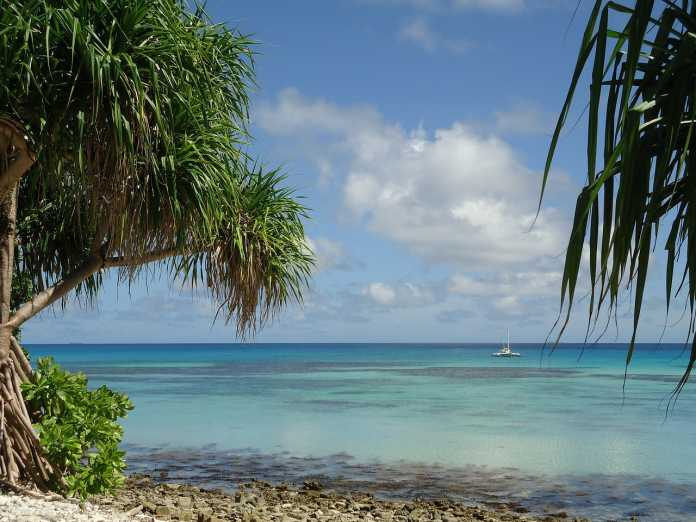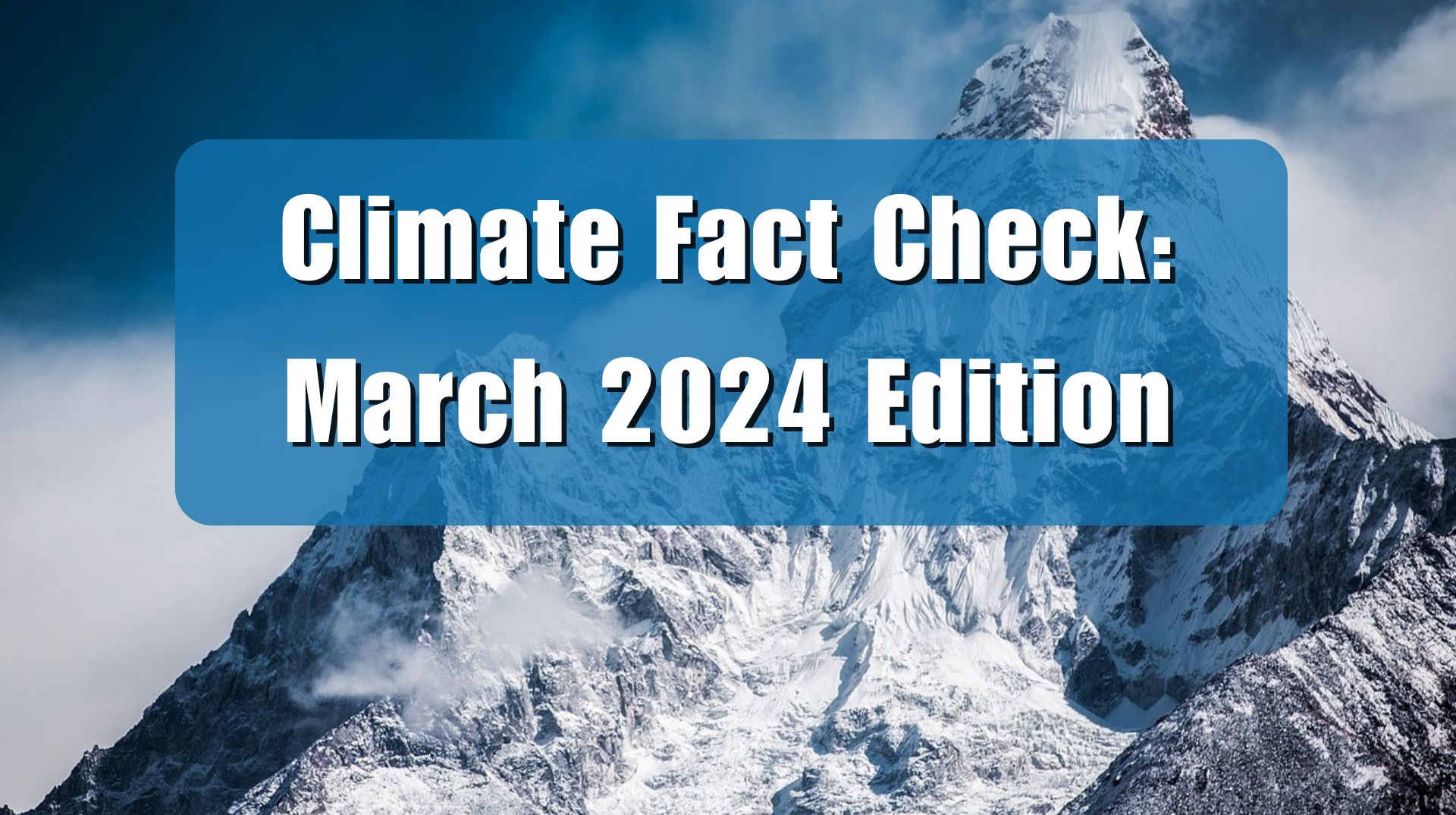An Associated Press (AP) story reports that Australia has offered refuge to up to 280 residents of Tuvalu each year, allowing them to “escape rising seas and other ravages of climate change.” Australia’s refugee policies may result in some migration from Tuvalu. However, any residents that do migrate, won’t be relocating to avoid dangerous changes to the island nation resulting from climate change, because data show Tuvalu, like many other island nations, is actually growing amid modest warming, rather than being lost to rising seas.
The AP story, “Australia offers to help Tuvalu residents escape rising seas and other ravages of climate change,” describes a proposal by Australian Prime Minister Anthony Albanese to allow up to 280 Tuvaluans to come to Australia each year, a number of migrants that could grow annually over time.
“We believe the people of Tuvalu deserve the choice to live, study and work elsewhere, as climate change impacts worsen,” Albanese said in announcing the plan. “Australia has committed to provide a special pathway for citizens of Tuvalu to come to Australia, with access to Australian services that will enable human mobility with dignity.”
As noble as Albanese’s sentiments are, his concerns about climate change’s impacts on Tuvalu are misplaced.
As discussed in Climate at a Glance: Islands and Sea Level Rise, data presented in multiple studies show that most islands and atolls in the Pacific Ocean, including Tuvalu, are growing, not shrinking. Rising seas are depositing sand and sediment, building up the height of islands and expanding their coastlines. Also, despite many predictions that island nations in the Pacific would spawn waves of climate refugees, the population of Tuvalu and other islands have steadily grown, not decreased.
This research has been discussed in multiple Climate Realism posts, here, here, and here, for example.
As early as 2010, research showed the small island nations of Tuvalu and Kiribati were growing, rather than being submerged beneath rising seas. The BBC discussed one study which surveyed 27 islands spanning Tuvalu, Kiribati, and the Federated States of Micronesia, and found that over the last 60 years, 80 percent of the islands either maintained their size or grew, with some growing dramatically.
The 2010 scientific findings were confirmed and expanded upon in 2015 when the same group of researchers published a peer-reviewed study of 600 coral reef islands in the Pacific and Indian Oceans. The researchers found approximately 40 percent of those islands remained stable, and 40 percent grew in size.
As National Geographic reported, “Some islands grew by as much as 14 acres (5.6 hectares) in a single decade, and Tuvalu’s main atoll, Funafuti—33 islands distributed around the rim of a large lagoon—has gained 75 acres (32 hectares) of land during the past 115 years.”
Research published in 2018 in the peer reviewed journal GIScience & Remote Sensing confirmed the earlier studies results, concluding that 15 of the 28 uninhabited islands on Tuvalu’s Funafuti Atoll saw their shorelines increase in recent years.
Nor have tropical cyclones increased in number or become stronger during the recent period of modest warming, so that can’t be a factor driving Tuvaluan’s from their homes.
Australia’s government can welcome as many Tuvaluan’s to their shores as it wishes, but, as it does so, Australia’s citizens should be aware that despite their government’s claims, any influx of migrants from Tuvalu is not being driven by climate change. The AP, the Australian government, or someone, should at least be honest about what is and what is not responsible for any migration from Tuvalu to Australia, a task with seems to fall to Climate Realism.

















Another fallacy exposed as pure balderdash by climate hoaxers who see any change as a reason to tout the climate! What a farce as if the world is warming because the oceans are rising when actually land mass is increasing! We have a finite amount of land and sea so how could one displace the other is beyond comprehension! What will these climate psuedo scientists come up with next that the sky is falling!